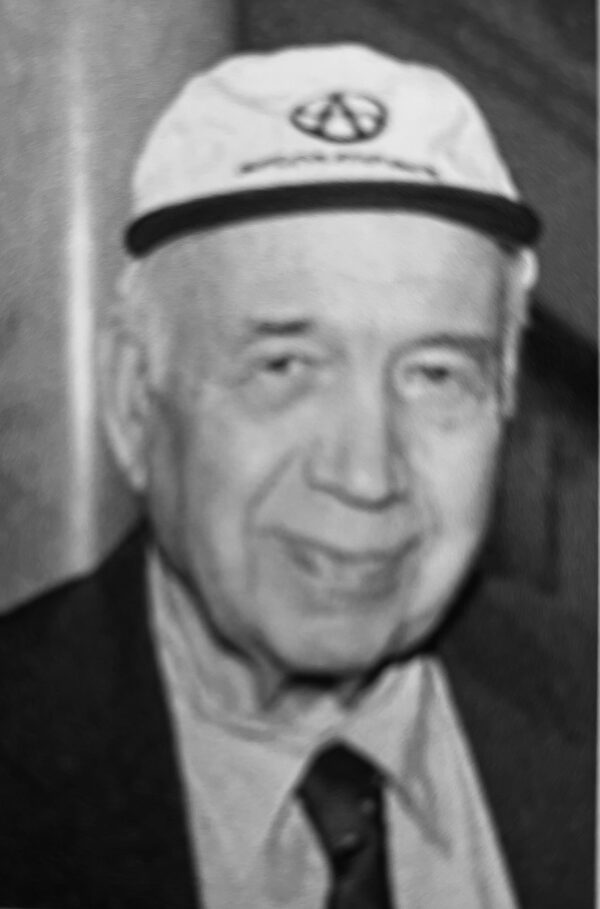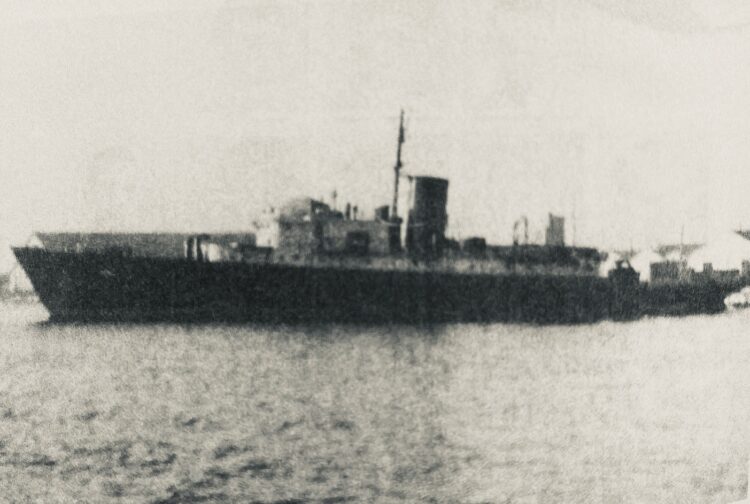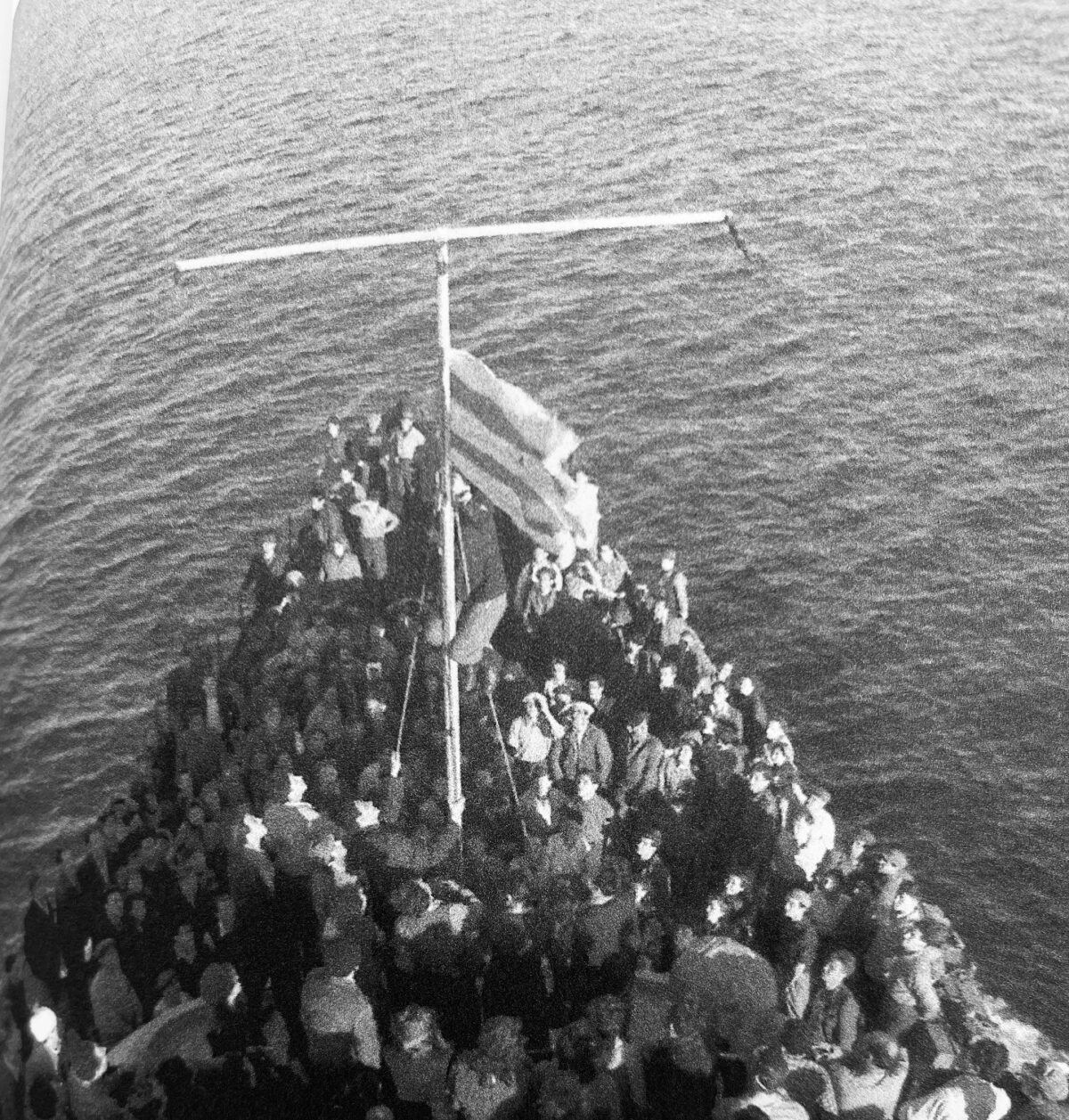You’ve probably never heard of Henry Mandel. Neither had I until I read Without Permission: Conversations, Letters, And Memoirs Of Henry Mandel, published by Cherry Orchard Books, distributed by Academic Studies Press, and edited by Mandel’s grandson, Samuel Flaks.
A machinist who died in New York City in 2015, Mandel was an ardent American Zionist who helped create Israel’s arms industry and challenged Britain’s ban on Jewish immigration to Mandate Palestine.
He may be a forgotten figure today, but if you delve into his memoirs, you will read about a man who was devoted to the cause of Jewish statehood and did what he could to make it happen.

The son of East European immigrants who was born in Vienna in 1920, he arrived in the United States as a toddler with his mother. During World War II, he worked in the U.S. Navy Yard on the construction of two battleships and two Merchant Marine vessels.
In 1947, after the United States announced an embargo on the shipment of arms to the Middle East, including Palestine, Mandel joined a Haganah group in New York City building a bazooka shell plant. It would be secretly shipped to the newly-formed Israeli army.
Mandel arrived in Israel as a volunteer in September 1948, four months after its declaration of statehood and amid the first Arab-Israeli war. During this period, he was also involved in the development of a flamethrower. He would remain in Israel until 1949.
Prior to his service in the fledging Israeli weapons industry, Mandel served on the Abril/Ben Hecht, a ship that carried “illegal” Jewish immigrants/Holocaust survivors from France to Palestine. The vessel was named after a prominent American journalist and Zionist publicist.
The British Navy seized the ship, and Mandel was arrested and jailed for a month in Acre prison. While he languished there, the Irgun, a right-wing Zionist militia with which he sympathized, worked on a plan to free four of its members who had been captured by the Mandate authorities.

Mandel and his fellow crewmen were expelled from Palestine in March 1947. The British sought to avoid a public trial on the legality of bringing Jewish immigrants there, as The New York Times reported. Upon arrival in New York, they were welcomed by the deputy mayor and honored at City Hall.
From that point onward, Mandel was successively employed as a tool and die maker and a machine shop foreman at the Brooklyn Navy Yard. He was then an industrial specialist for the U.S. army and the Department of Defence. After his retirement in 1970, he was employed as a methods analyst for New York City’s Department of Health.
Without Permission, though somewhat disjoined and repetitious, covers Mandel’s career in workmanlike fashion. Mandel was a rare individual, a man of conviction and action who selflessly devoted himself to a cause higher than himself.
He was secure in the knowledge that his activities contributed in no small part to the formation of a Jewish state in the ancestral land of the Jewish people.
